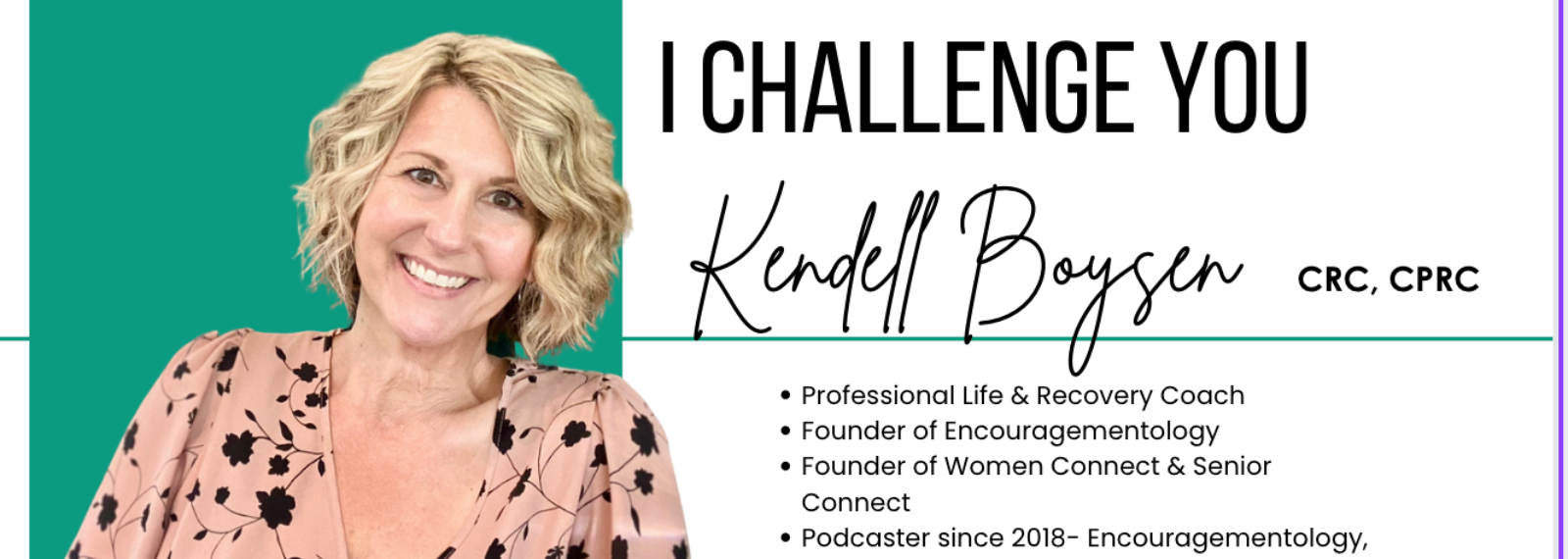Episodes

Tuesday Oct 29, 2024
Tuesday Oct 29, 2024
SHOW NOTES:
On this show…we are exploring the shocking truth about how the media’s shock and awes keep us on high alert but in actuality, weaken our instincts. Have you ever heard of the tale of Henny Penny? It’s a classic Scandinavian folktale where a little chick named Henny Penny gets hit on the head by a falling acorn and panics, believing that the sky itself is falling. Determined to warn the king, Henny Penny sets off on a journey, gathering other animals along the way who are also swept up in the hysteria. However, they eventually meet a clever fox who pretends to join their mission but instead lures them to its den—where it ends up eating them all. And that’s the abrupt, cautionary end of their story! OUCH.
Ever feel like you’re bombarded with so much shocking news that it’s hard to know what’s an actual emergency? Kind of like poor Henny Penny, who thought the sky was falling over a little acorn! In this episode, we’re diving into what happens when the media’s constant “shock and awe” leaves us in a state of constant worry, always braced for disaster. We’ll explore how this can wear us down and dull our true instincts, and most importantly, we’ll uncover ways to take back our peace, sharpen our intuition, and add a little calm to our daily lives. Let’s get grounded and learn to spot the real acorns from the falling skies—no foxes allowed!
I could have started by pandering today’s headlines but to be honest, I didn’t want to throw any more fuel on the inferno. I also know it’s easy to look to a “simpler” past by saying, “Back in my day we had three channels….and you had to get up to turn them.” But that kind of angle isn’t going to grab the youth of today. So let’s just consult the hard-core facts. I wanted to look at a thirty-year span so we could see how our consumption in America has changed over the past three decades.
When we get used to constant alarming headlines and alerts, it can really mess with our ability to spot real danger when it actually matters. Here’s how:
- Slower Response in Emergencies:
- When we’re bombarded with “urgent” information all the time, we start tuning it out—even if it’s important. It’s like hearing a fire alarm but thinking, “Eh, probably another drill.” This can lead us to hesitate or ignore real emergencies, which can be risky in critical situations.
- Difficulty Telling Real Risks from Fake Ones:
- After a while, it becomes hard to figure out what’s an actual threat and what’s just noise. We might freak out over something minor but brush off something serious, which is not exactly ideal if we want to keep ourselves safe.
- Health Burnout:
- Constant alerts and stress keep us in a high-stress state, which isn’t good for anyone. When we’re always on edge, our bodies start to wear down—anxiety, high blood pressure, poor sleep, you name it. Eventually, we get so used to that stress that we become numb, and when something real happens, our bodies may not respond with the urgency we actually need.
- Community Safety Slips:
- Desensitization can even affect a whole community. If everyone starts to shrug off warnings, we can end up ignoring things like severe weather alerts or health warnings. This makes it easier for emergencies to do real damage because no one takes the steps they should to stay safe.
- Weaker Instincts and Slower Decision-Making:
- Constant worry over everything can mess with our survival instincts. When we’re overloaded, it becomes harder to think clearly and react quickly. We can lose that sharp sense of what’s actually dangerous and what’s not, which messes with our natural ability to make quick, smart choices.
- More Apathy and Helplessness:
- Ever feel like there’s just too much going on to make a difference? The more we’re bombarded by negativity, the more likely we are to feel helpless. And when that sets in, we’re less likely to step up when it actually counts or get involved in efforts that could make a positive change.
- Normalizing Risky Behavior:
- Over time, constant exposure to stories about danger or violence can make risky behavior seem normal. We might find ourselves being a bit too casual with things like safety precautions or risky habits because they don’t seem like a big deal anymore.
This desensitization isn’t just about personal safety—it affects whole communities. Breaking out of it means setting some boundaries on our media intake, staying connected to the present, and making a conscious effort to focus on what we can control. That way, we’re not only ready for real emergencies but also a lot less stressed out in general.
CHALLENGE: Break free from the echo chamber—take a step back, question your sources, and seek out new perspectives that might surprise you. By doing this, you’re empowering yourself to see the world in a fuller, richer way, staying curious, informed, and open-minded!
I Know YOU Can Do It!


No comments yet. Be the first to say something!